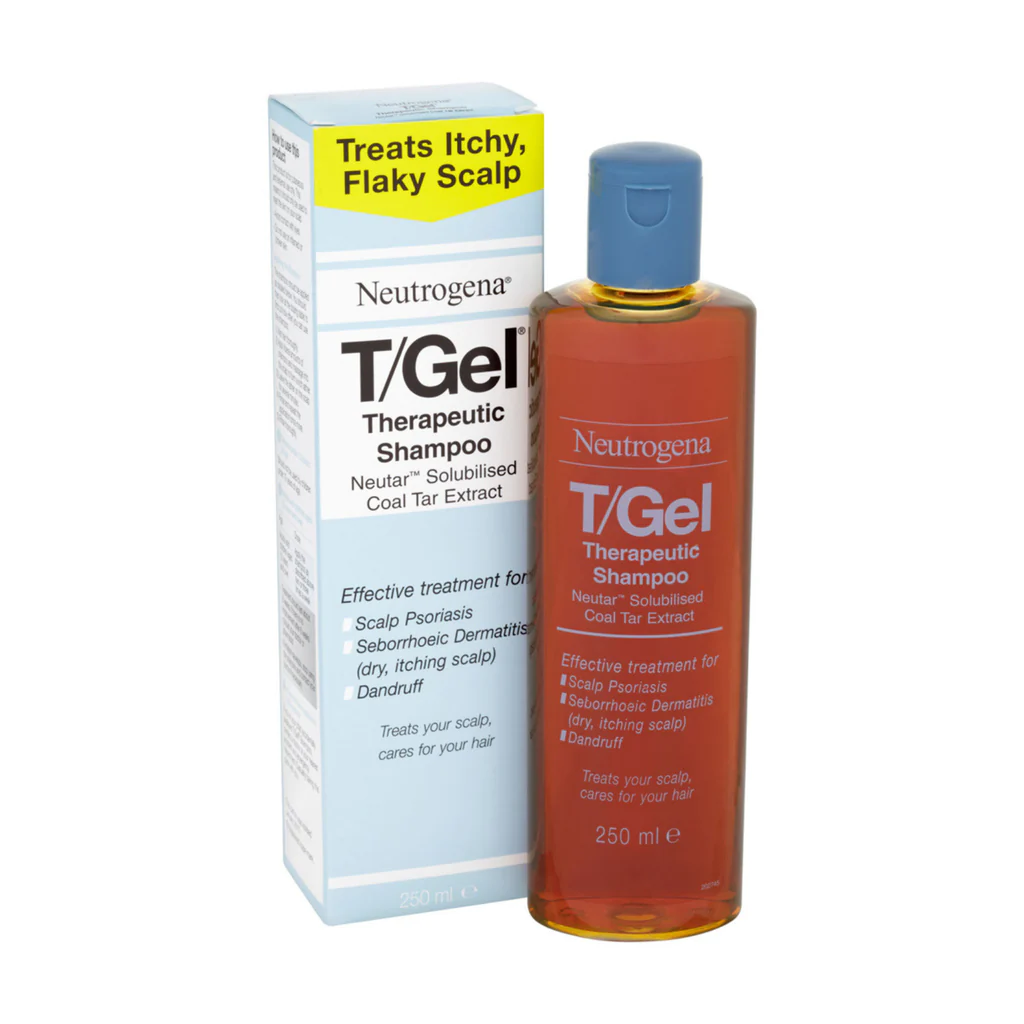We include products we think are useful for our readers. When you buy through our links, we may earn a commission.
Dandruff is an exceedingly common scalp condition marked by irritation, flaking of skin cells, and itching. It affects nearly half of all adults to some degree and can cause social embarrassment due to visible white flakes in the hair and on clothing.
While dandruff itself is relatively harmless, the itching and inflammation it causes can significantly impact one's hair health and self-confidence. Additionally, untreated dandruff may indicate more serious underlying conditions like psoriasis, eczema, or fungal infections.
Thankfully, with consistent proper hair care and over-the-counter treatments, dandruff can be controlled and managed effectively for the majority of sufferers. By understanding the causes and implementing medicated shampoos and natural remedies, you can banish flakes and restore a healthy, flake-free scalp and head of hair.
Quick look at the Over-the-Counter treatment for stubborn dandruff
Selsun Blue- click here👉 Anti-danddruff Shampoo
T-Gel Shampoo- click here👉 Coal-Tar Shampoo
Nizoral- click here👉 Anti-fungal Shampoo
What Causes Dandruff?
Dandruff occurs due to a fungus called malassezia that lives on everyone's scalps. For some, this fungus grows out of control, feeding on the oils secreted by hair follicles (sebum). The excessive metabolism of oils causes irritation, accelerated cell turnover, and the characteristic flakes.
Dandruff worsens in conditions favoring fungal growth. This includes infrequent shampooing, oily skin, dry winter months, immune system compromisation, and stress.
While largely harmless itself, untreated dandruff may be connected to several hair and scalp disorders. That makes controlling flakes important for maintaining optimal hair health and appearance.
Dandruff Symptoms
Risk Factors for Developing Dandruff
Preventing Dandruff
While not always possible to prevent, minimizing dandruff proactively can reduce severity and frequency of flare-ups. Prevention tips include:
Wash hair more frequently - 2-3 times weekly helps prevent product, dead skin cell, and oil buildup that exacerbate dandruff
Use dandruff shampoo regularly - Not just during flare-ups
Massage shampoo into scalp - Improves penetration and efficacy
Gently brush scalp - Helps lift and loosen flakes to be washed away
Reduce stress levels through self-care - Lower stress keeps immune system strong
Making dandruff prevention steps part of your regular hair care regimen can reduce recurrence dramatically.
Effective Over-the-Counter Treatments
The most proven over-the-counter dandruff solutions contain medicated ingredients that treat fungal growth, inflammation, scaling, and itching when used properly and consistently.
Medicated Anti-Dandruff Shampoos
These shampoos contain active ingredients that target various aspects of dandruff:
Pyrithione zinc - Antifungal and antimicrobial to slow fungus overgrowth
Selenium sulfide - Reduces rate of cell turnover to minimize scaling
Ketoconazole - Antifungal ingredient also used to treat fungal infections
Coal tar - Slows epidermal cell growth rate decreasing flakes
Salicylic acid - Sheds excessive skin cells through exfoliation
Using a shampoo tailored to your main symptoms generally proves most effective long-term. Rotating between ingredients periodically can also help prevent fungal resistance.
Tips for Using Medicated Shampoos
Use anti-dandruff shampoo 2-3 times weekly in place of regular shampoo
Massage shampoo thoroughly into damp hair and scalp before rinsing
For severe cases, leave medicated shampoos on 1-5 mins before rinsing out
It can take weeks of consistent use to bring severe dandruff under control
Rotate between different medicated shampoo ingredients to prevent fungal adaption
Use a gentle regular shampoo for washing hair in between anti-dandruff washes
With regular use, most medicated shampoos significantly reduce flakes within weeks. However, dandruff treatment depends greatly on the individual and severity. Trial and error to find what works best for your scalp is key.
Other Over-the-Counter Treatment Options
Conclusion
Take Control of Your Symptoms:
Try Recommended Products: Explore the recommended OTC products mentioned in this guide. Always read the label for proper usage.
Disclaimer: The information provided in this article is for informational purposes only and should not be considered as medical advice. Always consult with a healthcare professional for personalized guidance based on your specific health condition.




Comments